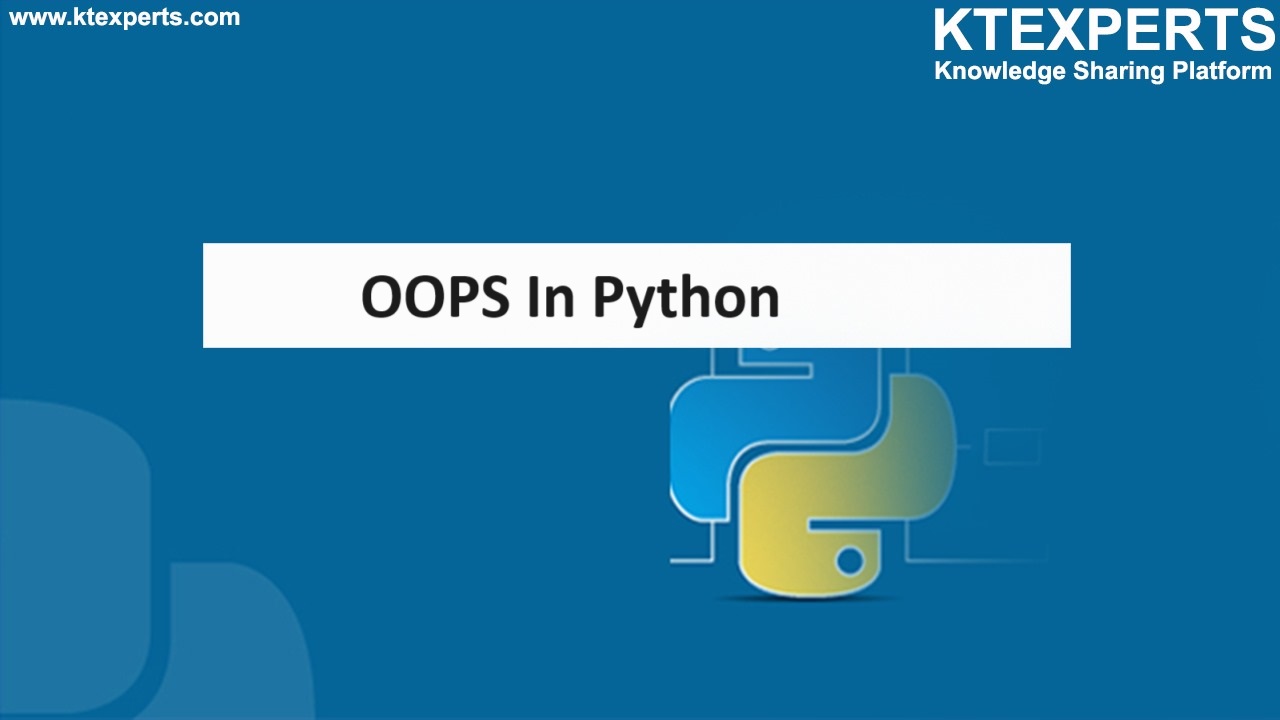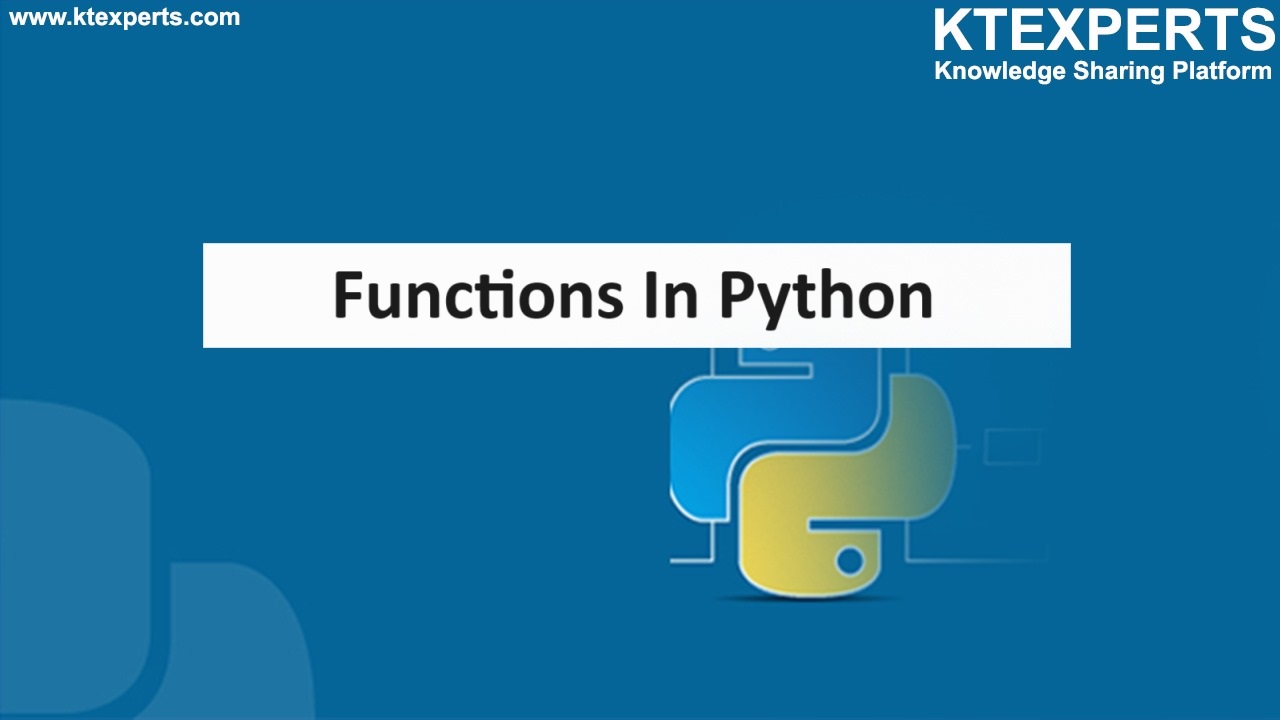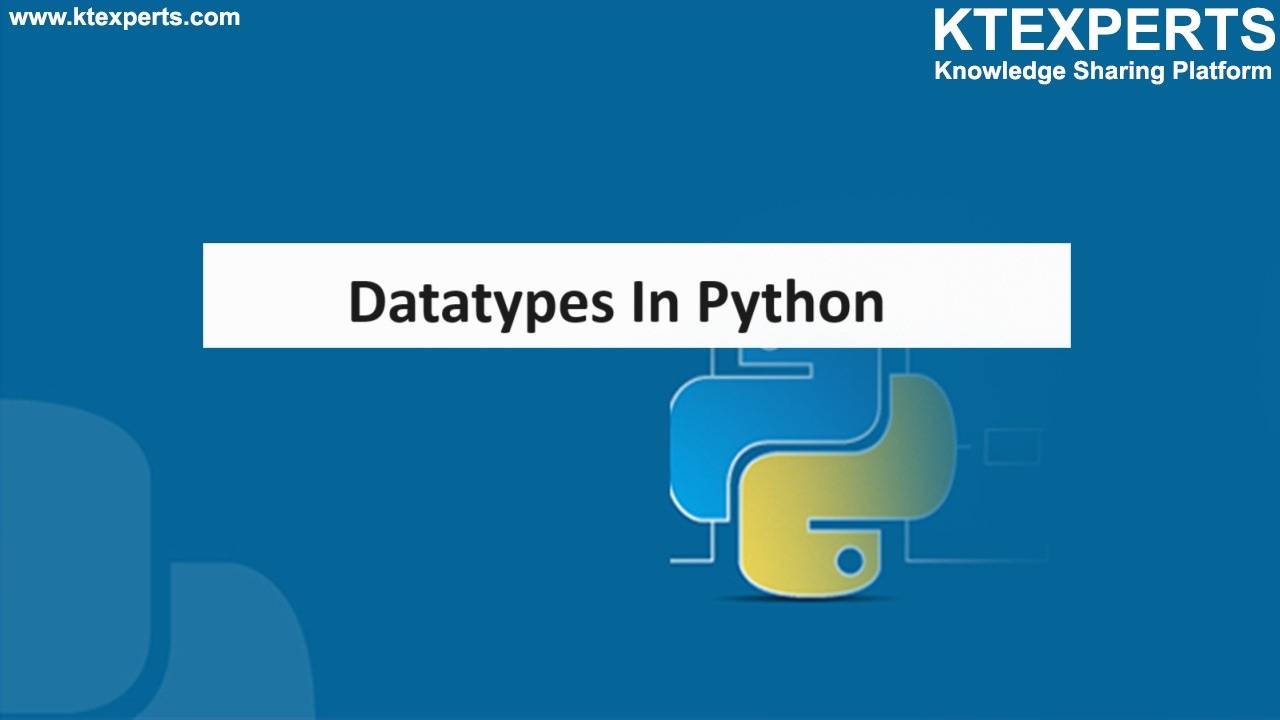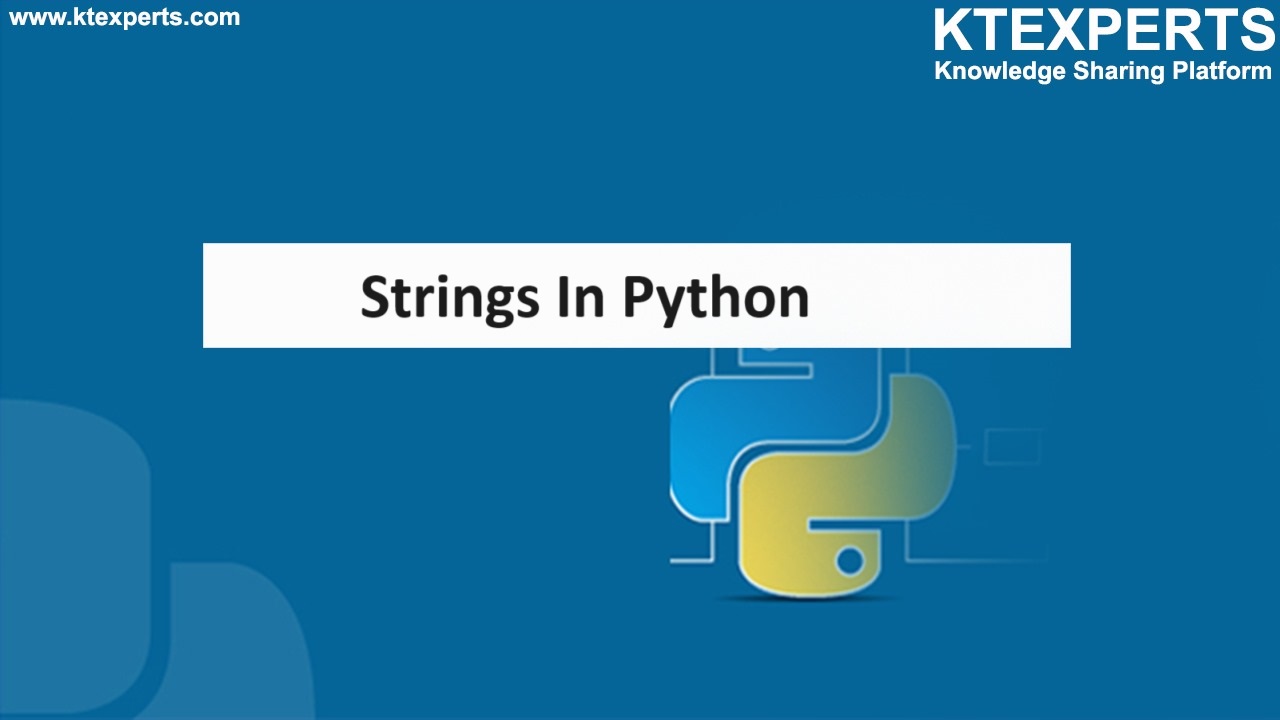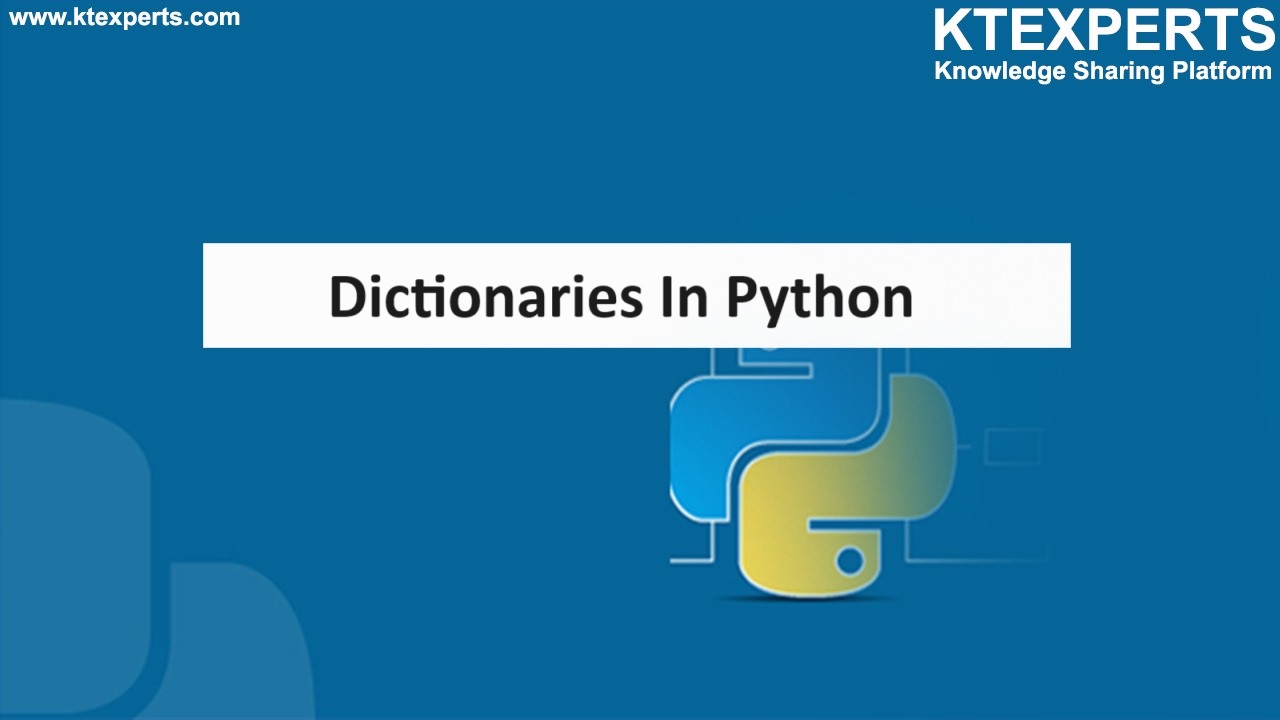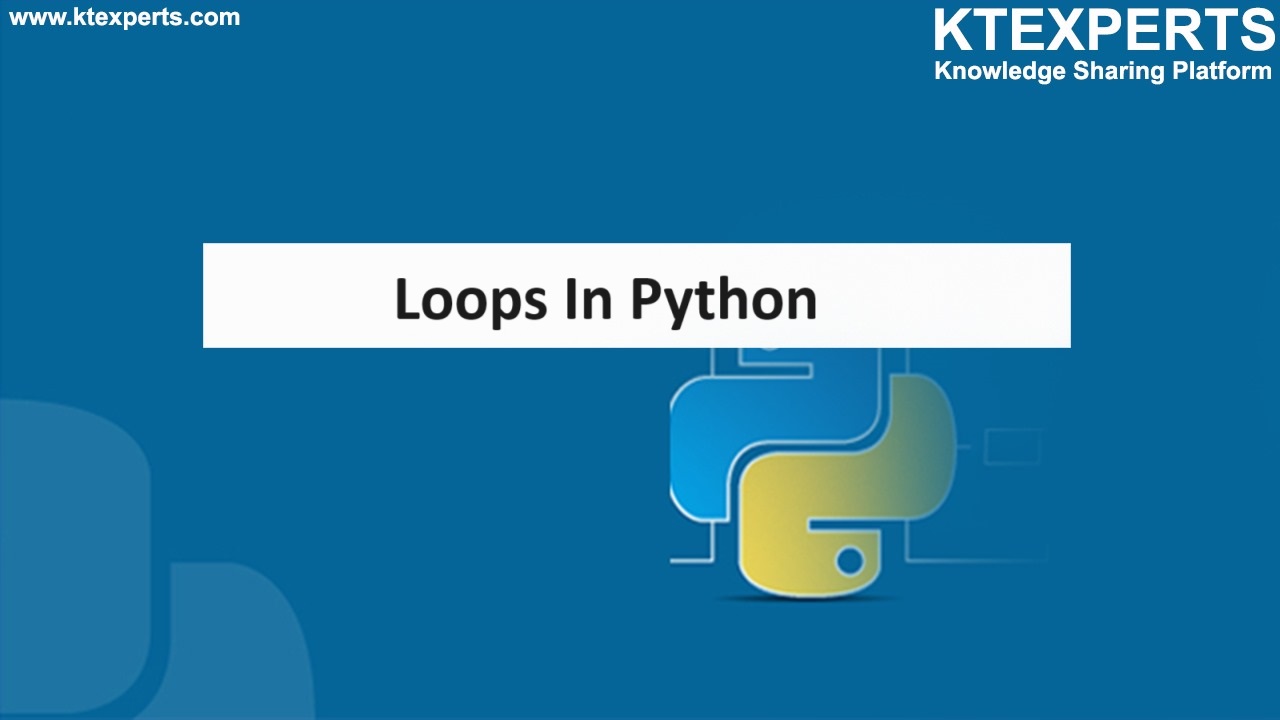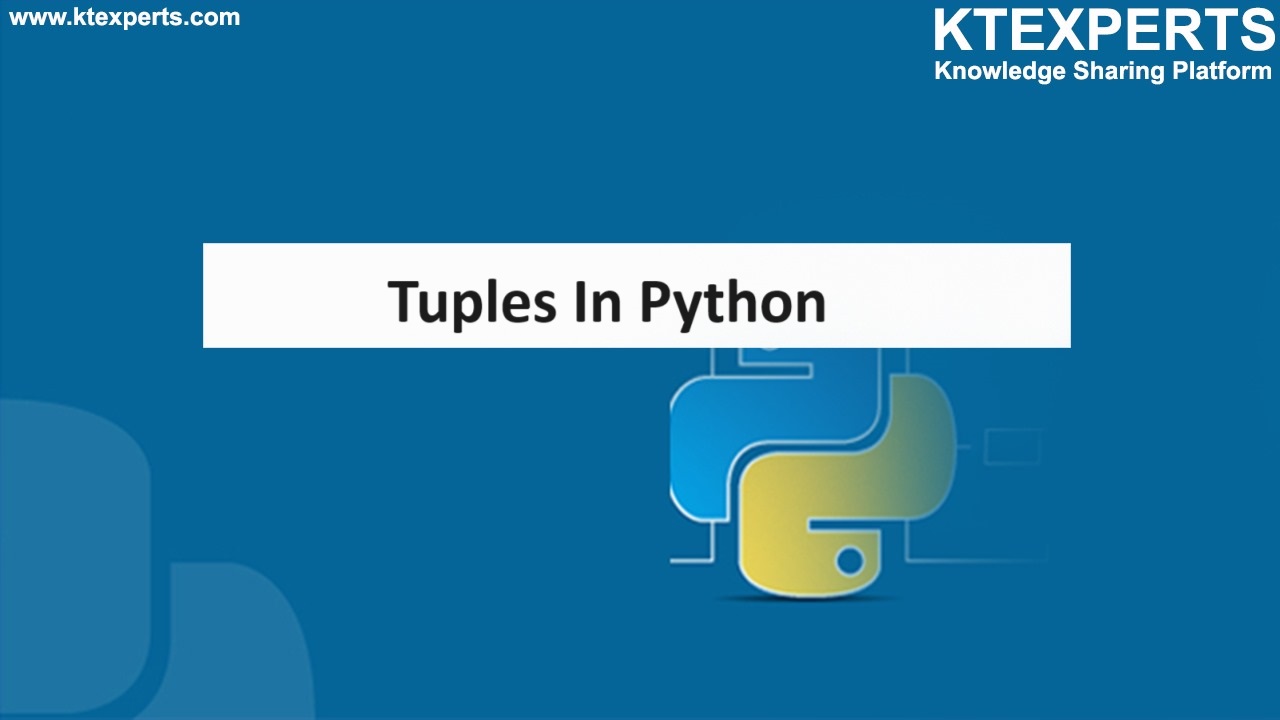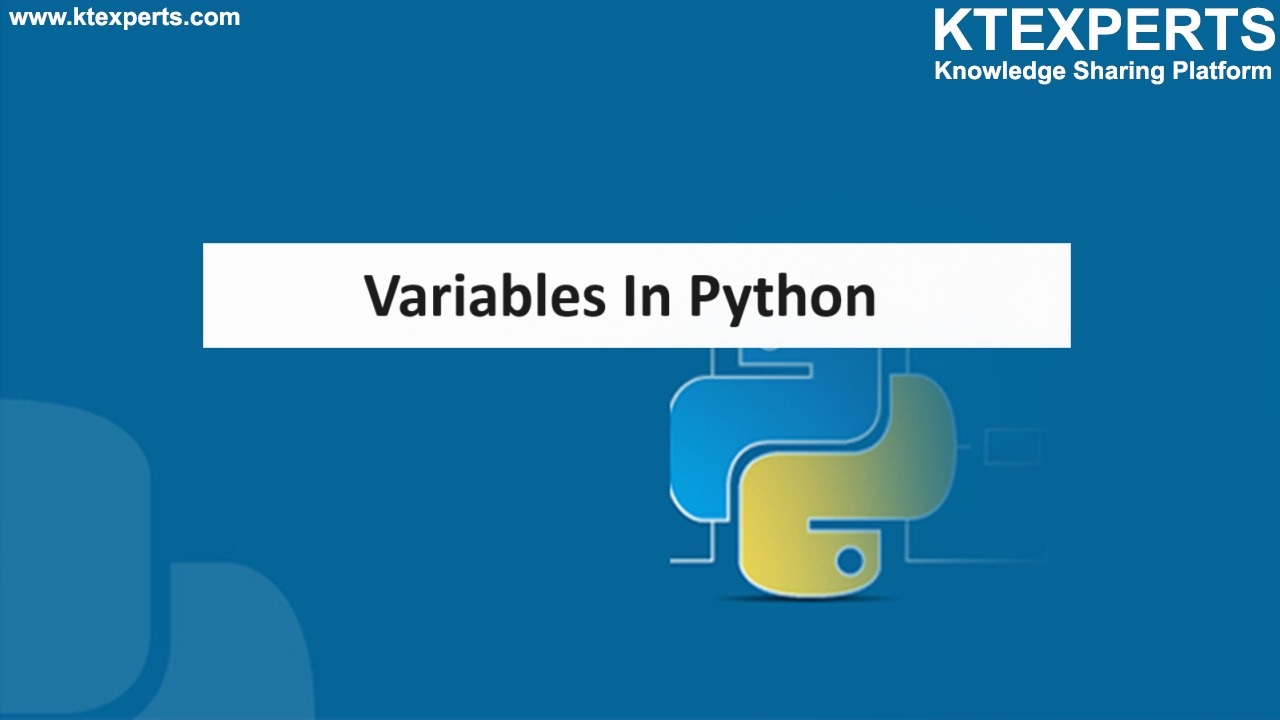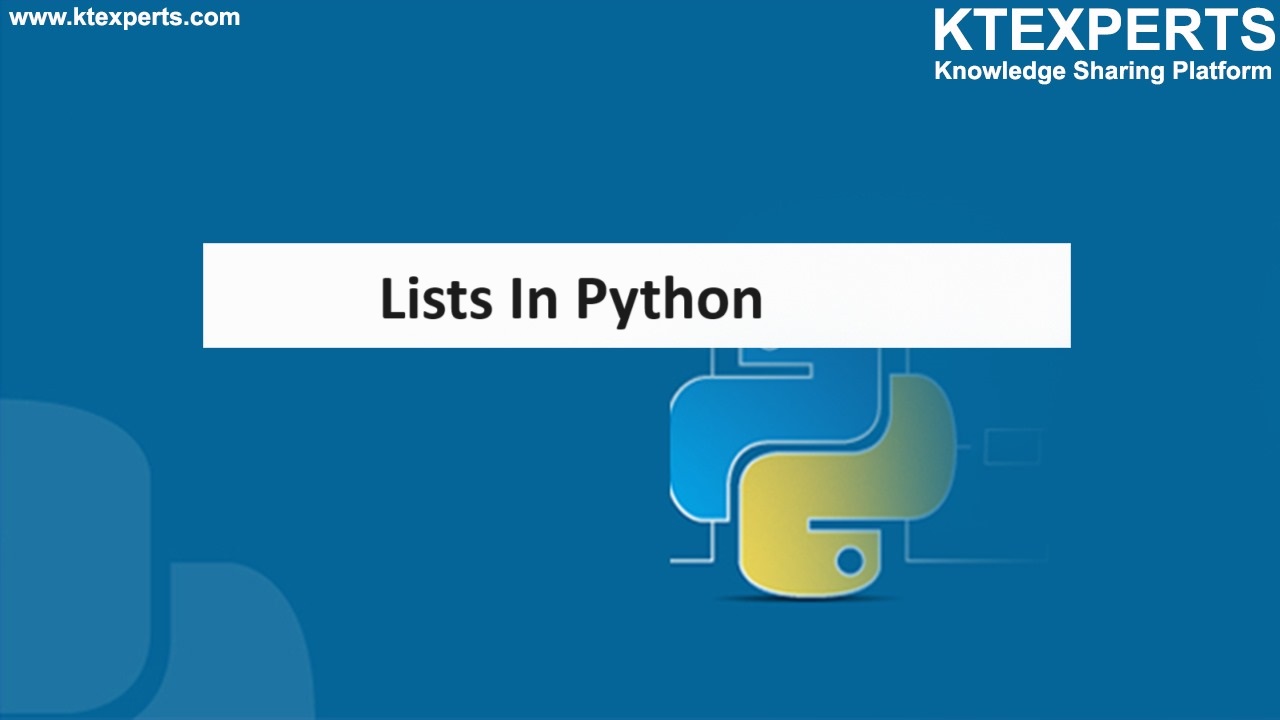OBJECT ORIENTED PROGRAMMING IN PYTHON
OBJECT ORIENTED PROGRAMMING IN PYTHON Object-Oriented Programming (OOP) is a powerful paradigm that allows developers to structure their code in a more organized and modular way. In Python, OOP is implemented through classes and objects, which encapsulate data and behavior into reusable components. Python is… Read More

